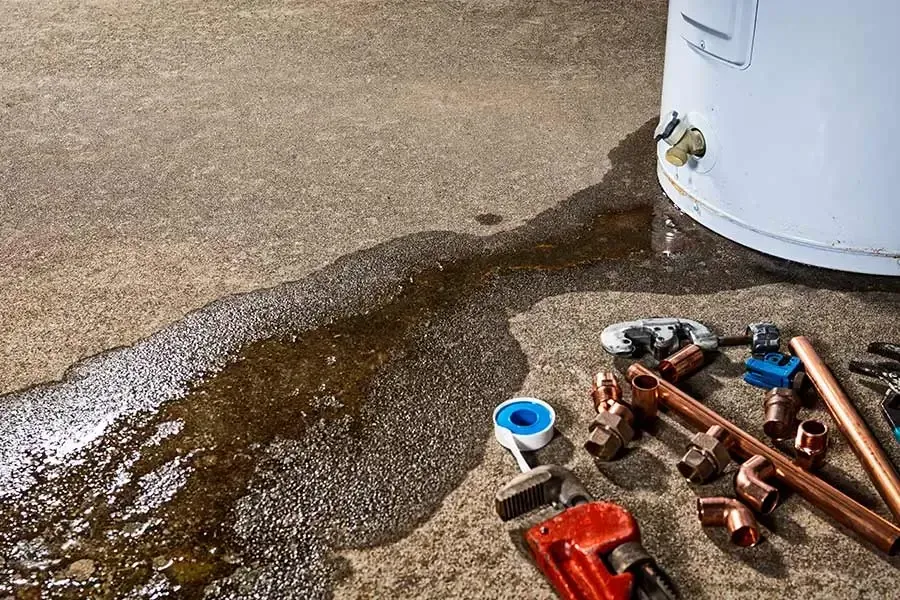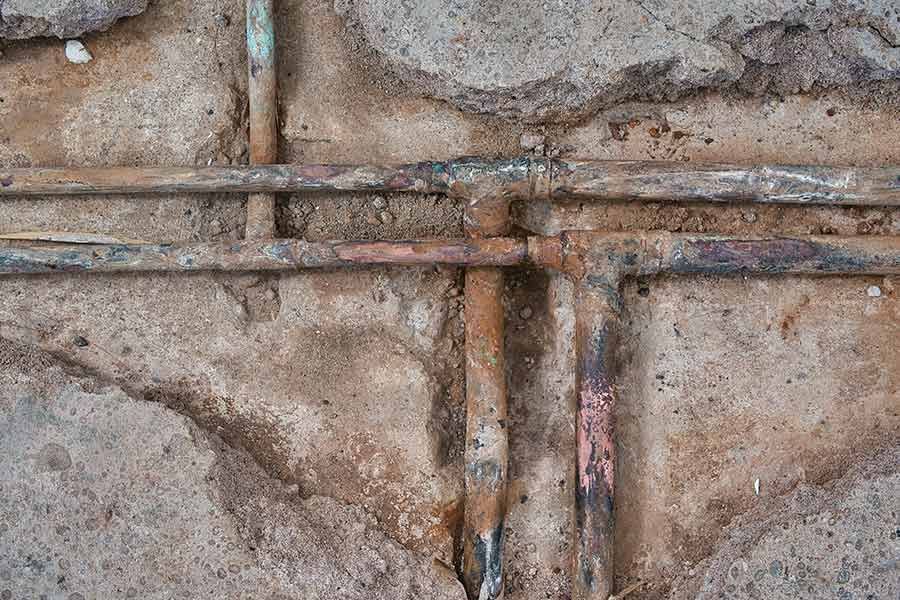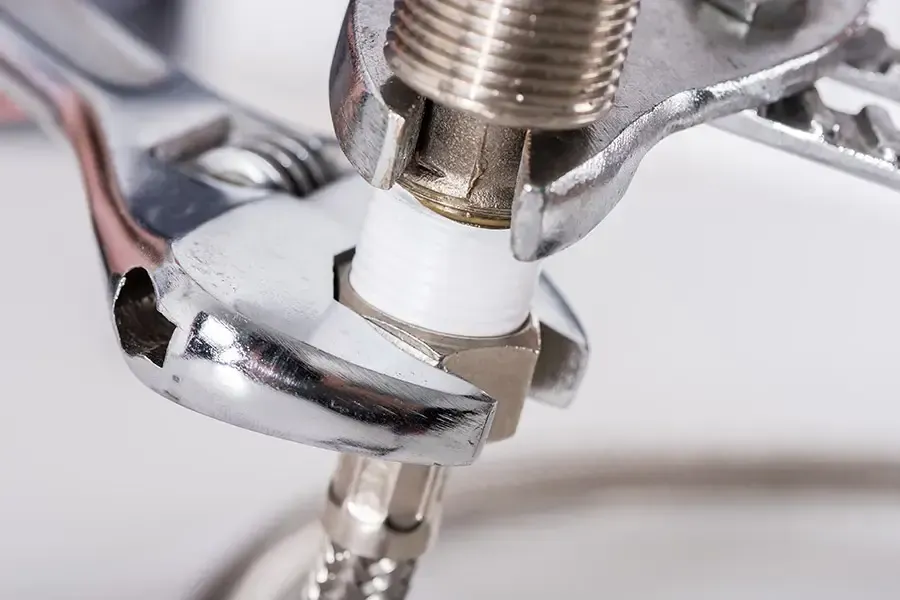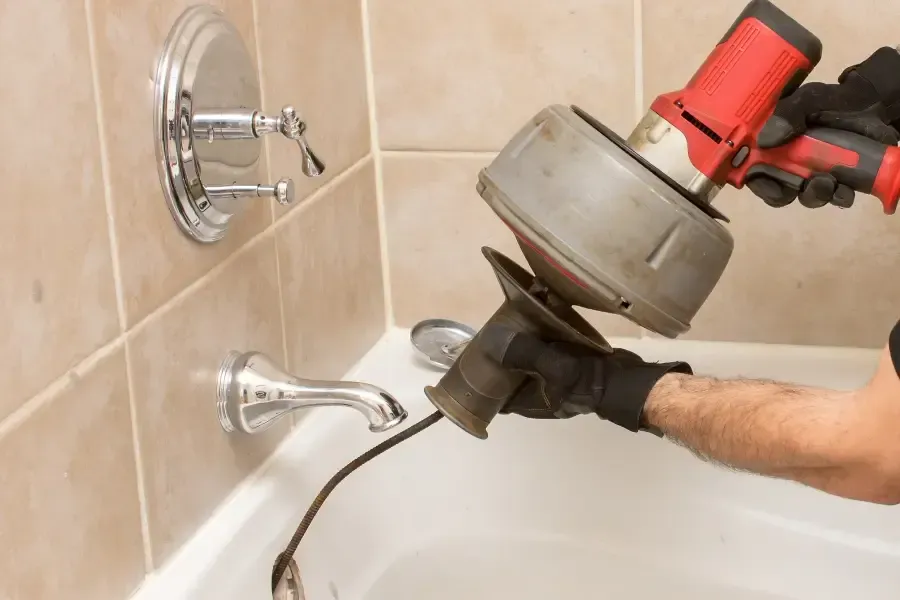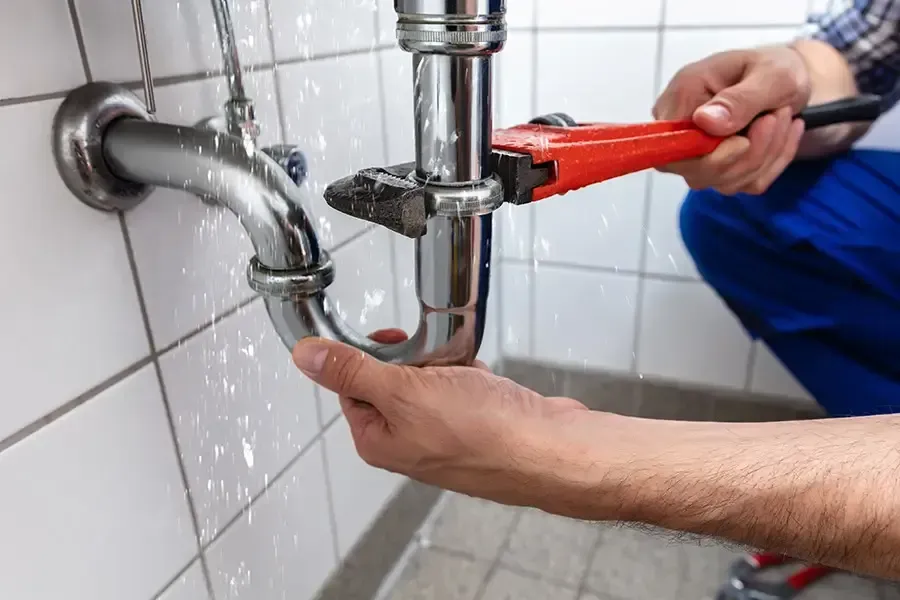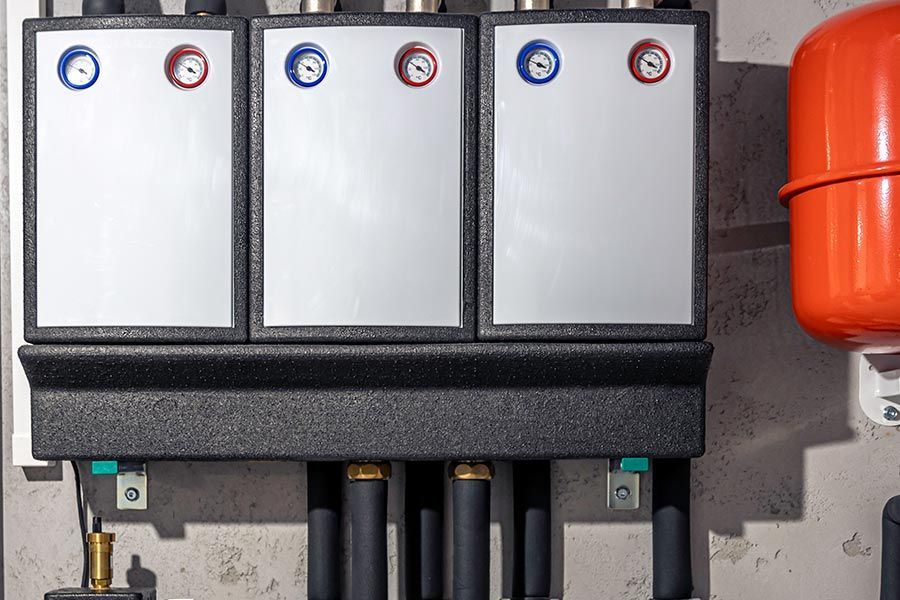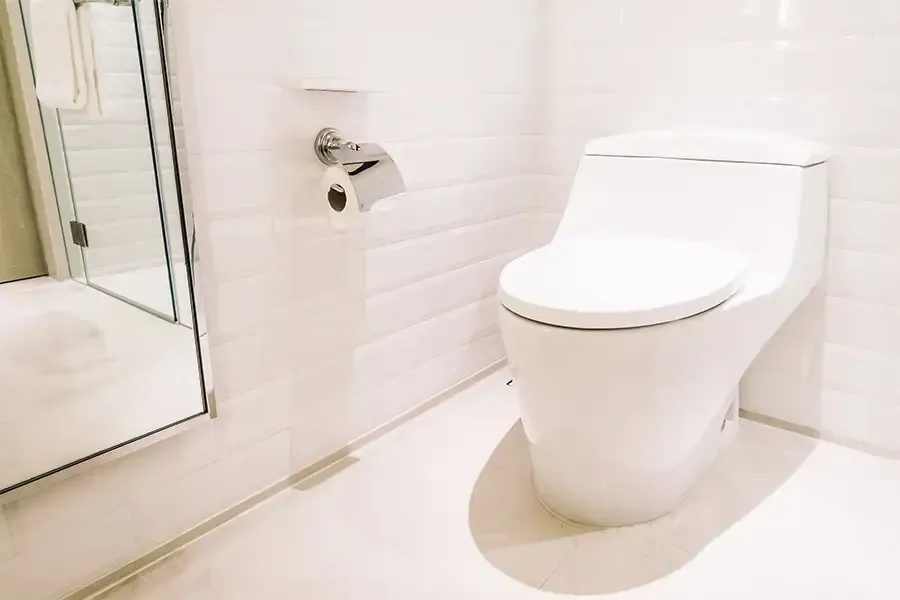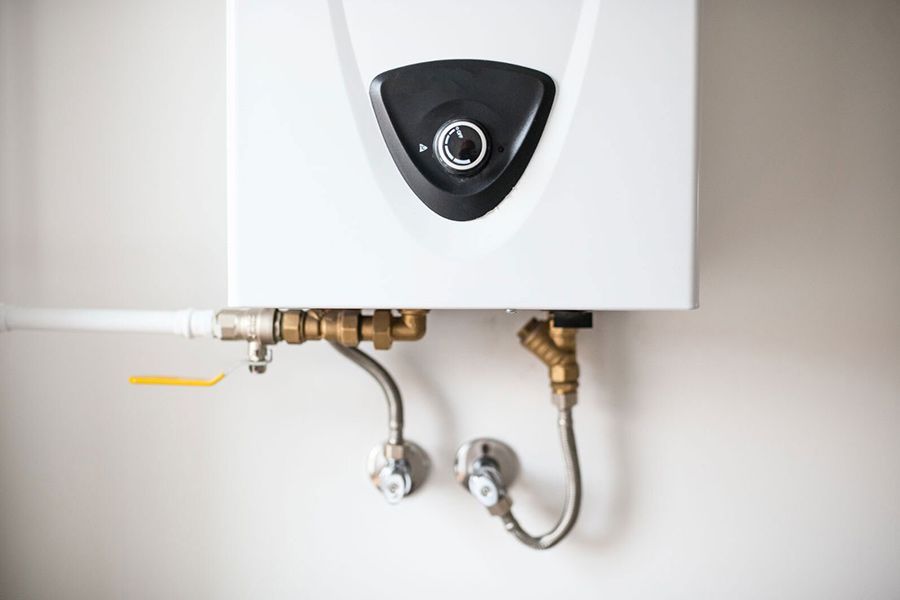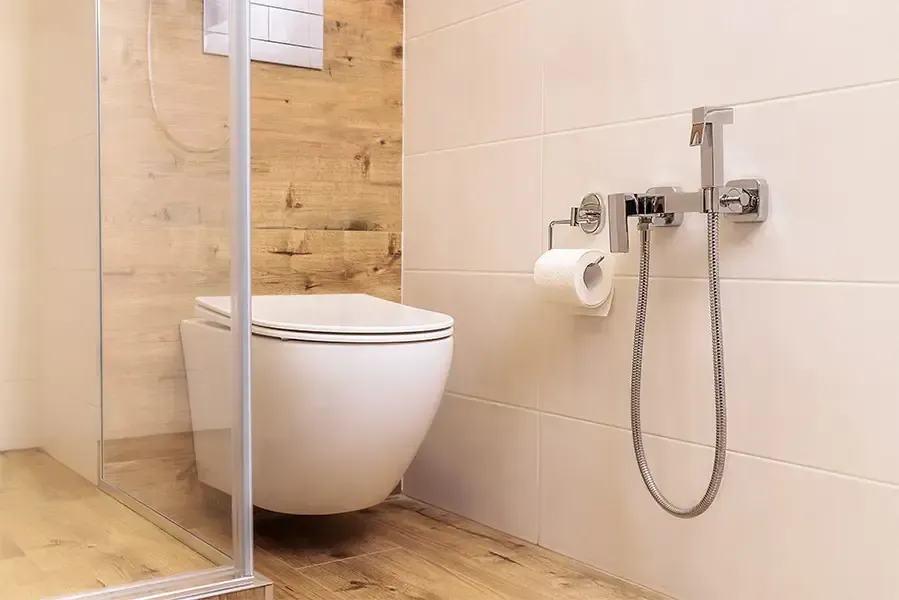How Deep Are Gas Lines Buried?
Choose Formica Plumbing and Sewer Co. for plumbing, water heaters, drains, and more. Call us today!
Are you planning any project that involves digging? If so, you’ll want to know the precise location of utility networks, including water and gas lines.
How deep are gas lines buried? The answer usually depends on your municipality. Different cities or counties have depth requirements for underground utilities, pipe width, material, and proximity to buildings.
Below, Painseville’s trusted plumbers from Formica Plumbing and Sewer Co. explore pipe depth in more detail, including the importance of the right pipe depth on community safety.
Why Is Gas Line Depth Important?
Underground piping typically houses one of the following utilities:
- Wiring to connect buildings to the local power grid
- Plumbing networks for sewage and water transport
- Gas lines for fuel transport
Although each utility facilitates infrastructure integral to your modern way of life, gas lines hold particular importance. As the name suggests, a gas line transports fuel to the building, and many of them have explosive properties that could endanger the entire community if improperly exposed.
For example, a property owner digging on their property may not know their gas line’s specific location. If they dig deep enough, they could accidentally strike the line. A hard enough strike with implements or machinery could damage the pipe materials, allowing gas to escape the pipe.
Aside from the inconvenience and expense of repairs, this mistake instantly exposes the entire neighborhood to a potentially explosive situation, endangering people and property. It also cuts the gas supply to any buildings connected to that particular gas line.
So, knowing the precise gas line depth is imperative for homeowners concerned about safety regulations and how local infrastructure facilitates the modern way of life. Whether you plan to break ground on a new construction project or dig in your backyard, you should know your property’s gas line depth and location beforehand.
How Deep Are Gas Lines Buried?
You can get a general idea of your property’s gas line depth with some online research about your state and municipal requirements. For example, the national standard in the United States implies a minimum of 18 inches. However, trench depth varies depending on the state and city.
Why not explore your state and municipality’s local building codes to gather specific information about your property’s location? Some regional codes require up to two feet below the surface, while others specify a depth of four feet.
Note that many specifications for commercial or public gas lines go deeper than residential or private properties. Local authorities write such specifications because more in-depth and consequential construction projects take place on commercial and public properties. However, you should still contact a professional utility locating service for residential projects such as:
- Home additions
- Renovations
- New buildings on your property
- Fence building
Any project that involves digging will require professional assistance to locate the line first.
Where Are Your Gas Lines?
How deep are gas lines buried in your state or city? And where exactly are they buried? The gas line networks in an urban area will be more complex, and you might need to trace an estimated route with the help of a professional.
A typical gas line installation occurs near buildings that use fuel to heat them. Learn more about gas line locations in your area by dialing 811 or visiting the website connected to your state. These sources should provide detailed information about where your area’s gas lines run because there’s a national campaign to prevent dangerous gas line breaches.
Do Gas Lines Require Maintenance?
Yes, gas lines require maintenance. A poorly maintained line could sustain damage, such as:
Corrosion
While metal gas lines are incredibly durable, they aren’t damage-proof. Underground moisture can gradually corrode the pipe materials with rust. This degradation thins the metal, opens it up, and allows the gas to escape.
Leaks
Since most materials compress in cool temperatures and expand with warmer ones, these shifts often weaken the pipes. Still, punctures and cracks will cause varying degrees of leakage depending on their severity.
Root penetration
Occasionally, an old tree can cause expensive problems for property owners. As trees grow, their roots seek various underground resources and extend their reach. Sometimes, these roots reach a gas line that gets in the way and slowly grow around the line, crushing or penetrating the material in the process.
Fortunately, property owners can circumvent these issues with annual inspections from a professional plumber. A team like Formica Plumbing and Sewer Co. will use advanced technology to perform line checkups and troubleshoot any issues as they find them.
How Long Should Your Gas Lines Last?
A gas line’s lifespan depends on the following:
- The amount of gas a property uses
- The gas line materials
- How shifting grounds, local climate, and nearby construction projects impact the lines
- Maintenance schedule
- Plant growth near the line
Professional tips to prolong your gas line’s lifespan include choosing quality pipe materials, limiting your gas use within reason, and proactively scheduling maintenance. Gas lines can last between 30 and 50 years before they need replacement services, though some last as long as 75 years with top-notch installation and continued maintenance.
The Basics of Gas Line Safety
Do you know how to practice gas line safety? The following signs of a leaky gas line could help you protect your lines and community:
- Dead grass and other vegetation in a particular area
- Air bubbles surfacing in puddles and pools of water
- Sulfuric smells around your property
- Abnormally expensive gas bills
If you pick up on these signals, evacuate your home. Then, call gas line professionals and emergency services immediately. Next, dial 811 or visit the website before the teams break ground or request assistance from a qualified plumber who can identify your gas line’s particular location.
Contact Formica Plumbing and Sewer Co. For Safe Gas Line Services
How deep are gas lines buried? Most are buried a minimum of 18 inches. However, the depth depends on state and municipal building codes.
Would you like to explore gas line installation and repair solutions? Call Formica Plumbing and Sewer Co. at 440-557-4743 today!
Author Bio:
Matt Formica
He worked side by side with his cousin, Frank D. and sister Linda, in the office. The company has grown and now has six vans helping the surrounding communities with plumbing and sewer issues.

